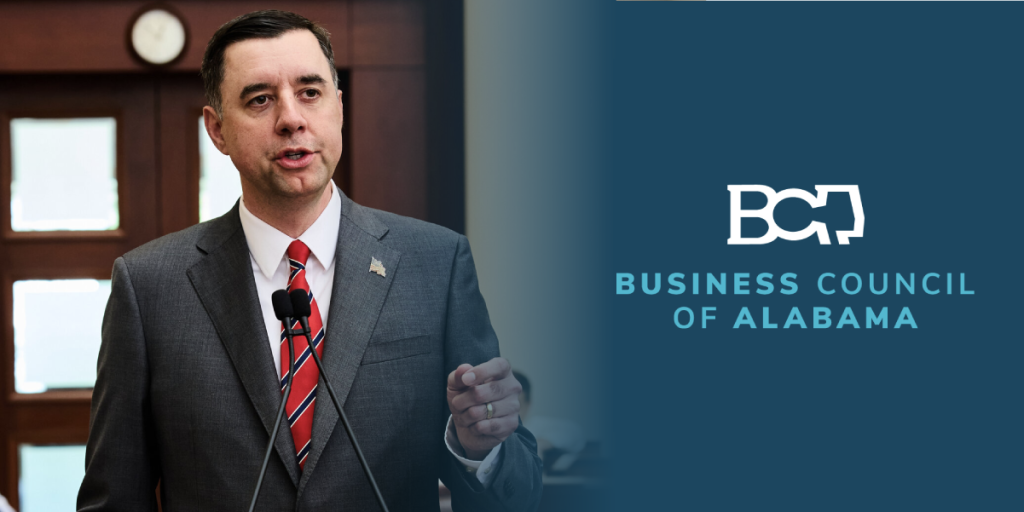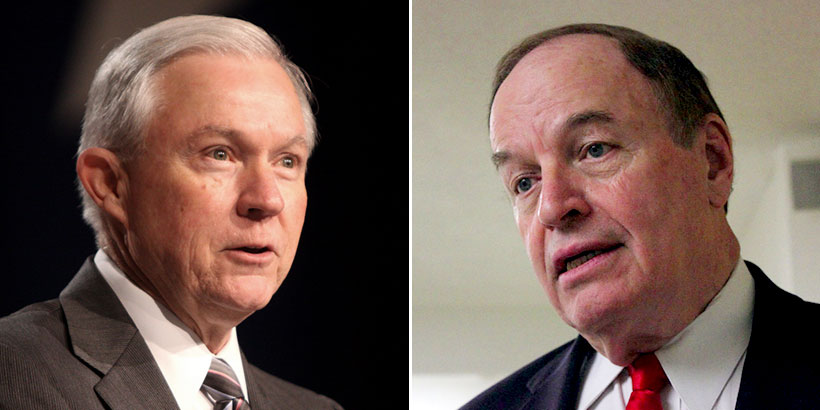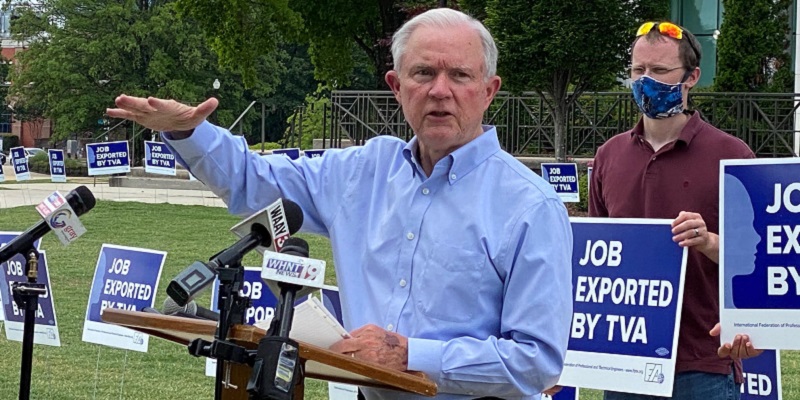The chief executive of Backpage.com pleaded guilty to state and federal charges including conspiracy and money laundering, and agreed to testify in ongoing prosecutions against others at the website that authorities have dubbed a lucrative nationwide “online brothel,” authorities said.
“For far too long, Backpage.com existed as the dominant marketplace for illicit commercial sex, a place where sex traffickers frequently advertised children and adults alike,” U.S. Attorney General Jeff Sessions said in a statement. “But this illegality stops right now.”
Backpage brought in a half-billion dollars since it began in 2004, mostly though prominent risque advertising for escorts and massages, among other services and some goods for sale, according to federal prosecutors. Authorities allege the site was often used to traffic underage victims, while company officials said they tried to scrub the site of such ads.
Chief Executive Officer Carl Ferrer will serve no more than five years in prison under a California agreement in which he pleaded guilty to one count of conspiracy and three counts of money laundering in California. Also Thursday, Texas Attorney General Ken Paxton announced the company pleaded guilty to human trafficking.
And a federal judge in Phoenix unsealed an April 5 plea deal revealing that Ferrer pleaded guilty to conspiracy, and Backpage.com pleaded guilty to money laundering conspiracy.
Under his plea agreement, Ferrer agreed to make the company’s data available to law enforcement as investigations and prosecutions continue. The guilty pleas are the latest in a cascade of developments in the last week against the company founded by the former owners of the Village Voice in New York City, Michael Lacey, 69, and James Larkin, 68.
The company founders were among Backpage officials indicted by a federal grand jury in Arizona. Attorneys for the company and Lacey, Larkin and Ferrer did not respond to multiple telephone and email messages from The Associated Press.
The U.S. Justice Department also seized and shut down the website, and Ferrer’s federal plea deal requires him to help the government seize all the company’s assets.
Ferrer could face up to five years in prison and a $250,000 fine in the federal case in Arizona, while Backpage.com could face a maximum fine of $500,000 for its money laundering conspiracy plea in the Arizona case.
The federal plea deal says any prison sentence Ferrer would face would run concurrent with his 5-year terms in Texas and California.
“Human trafficking is modern-day slavery, and it is happening in our own backyard,” California Attorney General Xavier Becerra said in a statement announcing the plea deal. He called Ferrer’s plea “a game-changer in combatting human trafficking in California, indeed worldwide.”
Larkin and Lacey remain jailed in Arizona while awaiting hearings on whether they should be released after pleading not guilty to federal charges alleging they helped publish ads for sexual services.
Five employees of the site also were arrested and pleaded not guilty, but Lacey and Larkin are the only ones in jail.
Lacey and Larkin also earlier pleaded not guilty in California after Sacramento County Superior Court Judge Larry Brown last year allowed the state to continue with money laundering charges. The state attorney general’s office, which is prosecuting the case, alleges that Backpage’s operators illegally funneled nearly $45 million through multiple companies and created websites to get around banks that refused to process their transactions.
But Brown threw out pimping conspiracy and other state charges against Backpage’s operators. Brown ruled that the charges are barred by a federal law protecting free speech that grants immunity to websites posting content from others.
President Donald Trump this week signed a law making it easier to prosecute website operators in the future.
Texas state agents raided the Dallas headquarters of Backpage and arrested Ferrer on a California warrant after he arrived at Houston’s Bush Intercontinental Airport on a flight from Amsterdam on Oct. 6, 2016. The Dutch-owned company is incorporated in Delaware, but its principal place of business is in Dallas.
Paxon called Thursday’s pleas “a significant victory in the fight against human trafficking in Texas and around the world.”
(Associated Press, copyright 2018)













